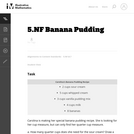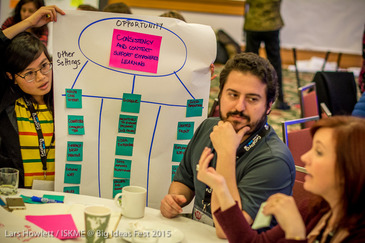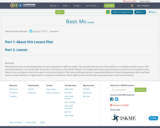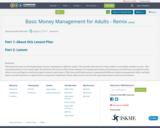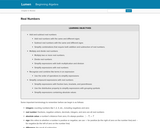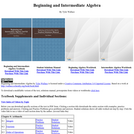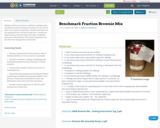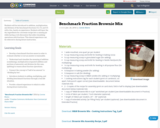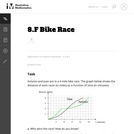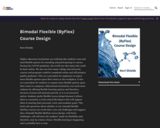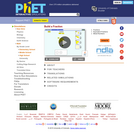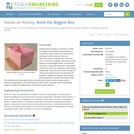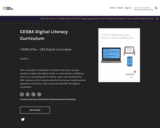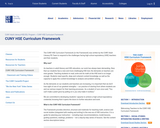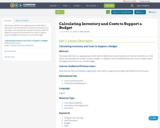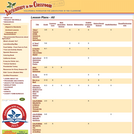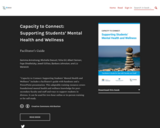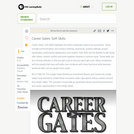The CUNY HSE Curriculum Framework provides direction, structure and materials for teaching math, science and social studies (integrated with reading and writing) in the new era of HSE instruction. The complete framework is available for free download.
The framework was written by the CUNY Adult Literacy PD Team to respond to the challenges facing high school equivalency (HSE) teachers and their students. It is a guide for planning your instruction – including topic recommendations, model lessons, guiding questions, readings, and problems. The framework prioritizes depth over breadth. It does not address all of the content that might potentially be included on an HSE exam, but instead models a focused and coherent study of high priority topics within each content area.
As teachers in adult literacy and HSE education, our work has always been demanding. Now that our students face a new and more challenging HSE test, the demands on teachers are even greater. Teaching students to read, write and do math at the HSE level is no longer enough. Students need specific, deep and coherent content knowledge, as well as the capacity to apply this content knowledge to analysis and problem solving.
As the demands on our students and teachers are increasing, it is important that we don’t lose sight of one of our greatest strengths — our practice of starting from where students are and our serious respect for their learning processes. As a student of ours once said, “You can’t make a plant grow by pulling on it, you only make it rootless.”
The Social Studies section integrates reading and writing through a focus on U.S. history, with extensions to civics, economics and geography. This section has a curriculum map, 12 unit descriptions, six model lesson plans and additional resources.
The Science section provides an introduction to matter and basic chemistry with extensions to science/math connections. This section includes a curriculum map with 23 topic descriptions and key questions, and three complete inquiry-based model lesson plans.
The Math section focuses on problem-solving in functions and algebra. It integrates problem-solving strategies, productive struggle, perseverance and mathematical discussion into content learning. This section includes a curriculum map, model lessons, rich engaging math problems, samples of student work, powerful routines for math classrooms, classroom videos, and more.
